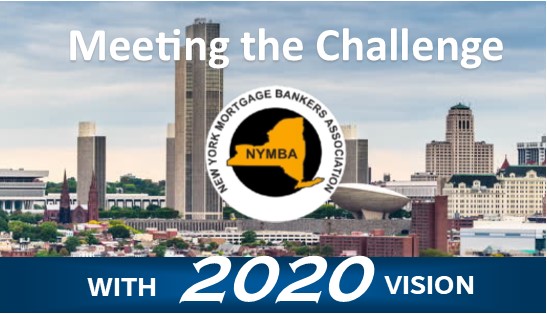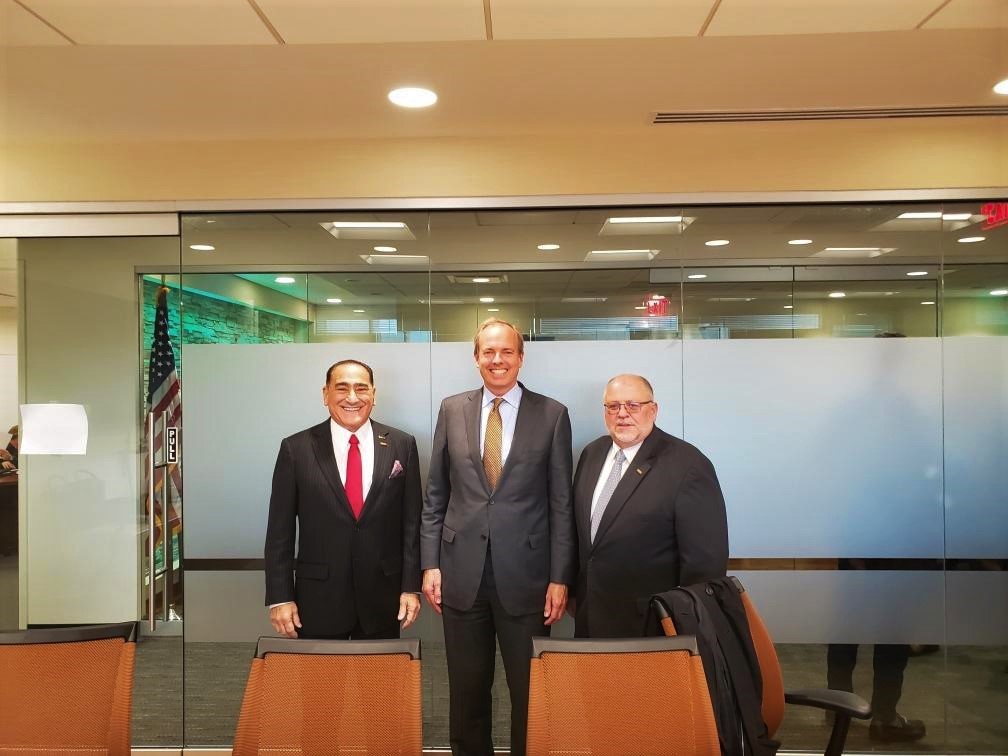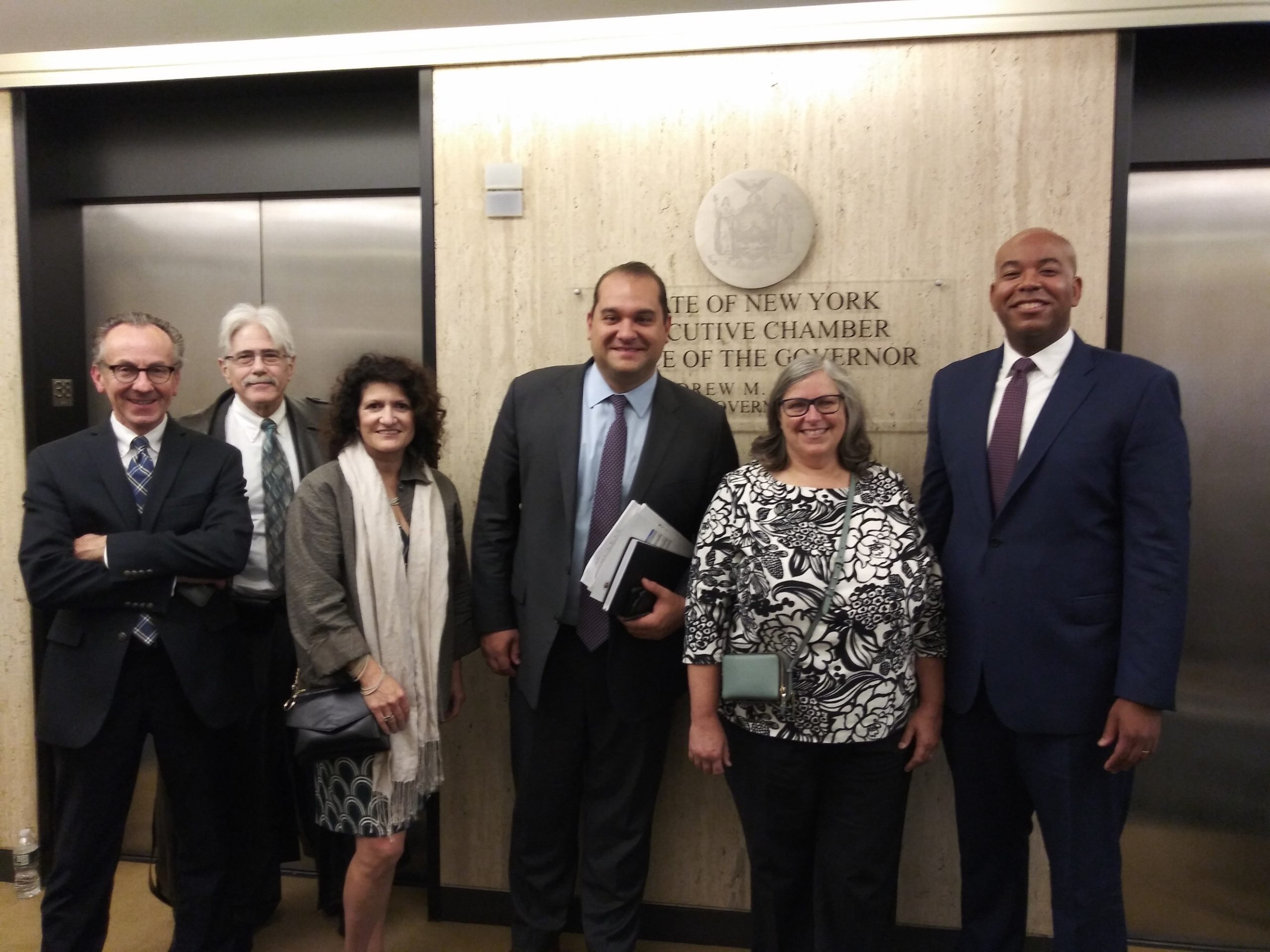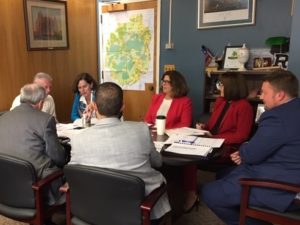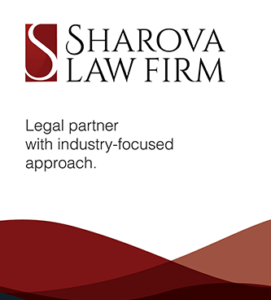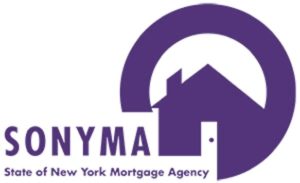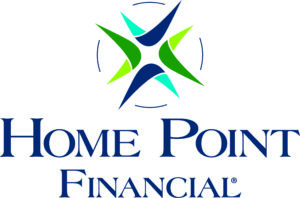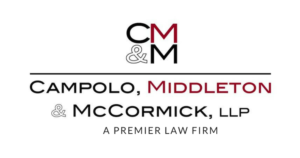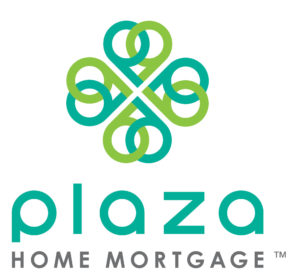FHA Extends Remote Work Flexibilities for Lenders and Appraisers
In addition to to issuing an extension of FHA’s foreclosure and eviction moratorium for single family homeowners, FHA also announced an extension for remote work flexibilities.
Extensions Through June Provide Peace of Mind to Struggling Homeowners While Supporting New Mortgage
Originations During COVID-19 Recovery
WASHINGTON -5/14/2020 The Federal Housing Administration (FHA) announced an extension of its foreclosure and eviction moratorium through June 30, 2020, for homeowners with FHA-insured Single Family mortgages, while also supporting new FHA-insured mortgage originations through an extension of temporary policy flexibilities for lenders and appraisers. The extensions will support the President’s economic recovery efforts as the Nation continues to work to defeat the COVID-19 invisible enemy.
FHA’s Single Family foreclosure and eviction moratorium extension announced today applies to homeowners with FHA-insured Title II Single Family forward and Home Equity Conversion (reverse) mortgages, and directs mortgage servicers to:
- Halt all new foreclosure actions and suspend all foreclosure actions currently in process, excluding legally vacant or abandoned properties; and
- Cease all evictions of persons from FHA-insured Single Family properties, excluding actions to evict occupants of legally vacant or abandoned properties.
Additionally, the Single Family mortgage origination policy extensions announced today allow alternatives for lenders to re-verify a borrower’s employment, and for appraisers to conduct desktop or exterior-only appraisals, to continue through June 30, 2020. These temporary measures allow lenders and appraisers to continue their necessary work for new FHA-insured mortgages in light of social distancing requirements.
“We made it clear at the beginning of this pandemic that no American should have to worry about losing their home amidst a crisis. Today’s announcement ensures that commitment,” said U.S. Department of Housing and Urban Development Secretary Ben Carson. “While we have made great strides in fighting this virus, the fact remains that many Americans are still struggling as we work diligently to get our economy back on sound footing, which I have full confidence we will do through the leadership of the President.”
“For those among the over 8.1 million single family homeowners with FHA-insured mortgages who need assistance, our highest priority is to ensure that they have the time through the foreclosure moratorium, and the assistance they need through special COVID-19 mortgage forbearance, to remain in their homes long-term,” said HUD Deputy Secretary and Federal Housing Commissioner Brian Montgomery. “At the same time, extending our policy flexibilities will ensure that affordable FHA-insured mortgage financing continues to remain available to support first-time and other homebuyers, and the Nation’s housing market.”
Homeowners with FHA-insured mortgages must continue to make their mortgage payments during the foreclosure and eviction moratorium if they are able to do so, or seek mortgage payment forbearance pursuant to the CARES Act from their mortgage servicer, to avoid future foreclosure actions when the moratorium expires.
Pursuant to the CARES Act, FHA requires mortgage servicers to:
- Offer borrowers with FHA-insured mortgages up to six months or more of delayed mortgage payment forbearance when the borrower requests it. FHA does not require a lump sum payment at the end of the forbearance period.
- Assess borrowers who receive COVID-19 forbearance for its special COVID-19 National Emergency Standalone Partial Claim before the end of the forbearance period. The COVID-19 National Emergency Standalone Partial Claim puts all deferred mortgage payment amounts owed into a junior lien which is only repaid when the borrower sells the home, refinances the mortgage, or the mortgage is otherwise extinguished.

